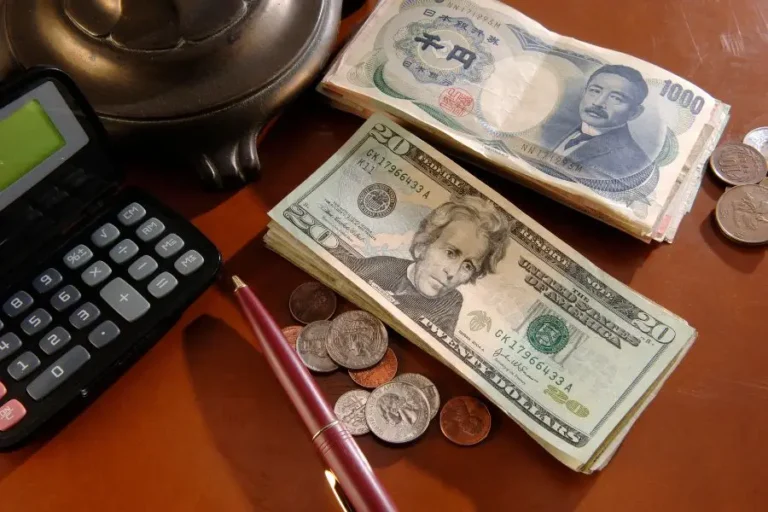Forex Card vs International Credit Card: Which is the Better Option for Your Travels?
Table of Contents
When planning an international trip, one of the key considerations is how you’ll manage your expenses abroad. Two popular options are forex cards and international credit cards. While both offer the convenience of cashless transactions, they have distinct features that might make one more suitable for your needs than the other.
What is a Forex Card?
A forex card is a prepaid travel card loaded with a specific amount of foreign currency. It works similarly to a debit card, allowing you to withdraw cash from ATMs and make payments at merchants abroad. Forex cards are typically offered by banks and currency exchange providers.
Advantages of Forex Card vs International Credit Card:
- Locked Exchange Rates: Forex cards lock in the exchange rate at the time of loading, protecting you from currency fluctuations.
- Lower Transaction Fees: These cards usually have lower transaction fees compared to international credit cards, making them cost-effective for frequent travelers.
- Multi-Currency Option: Many forex cards can hold multiple currencies, allowing seamless transactions in different countries.
- Budget Control: Since you load a fixed amount, it’s easier to control your spending and stay within budget.
Disadvantages of Forex Cards:
- Limited Usage: Some small merchants or remote locations might not accept Forex cards.
- Inactivity Charges: If the card isn’t used for an extended period, you might incur inactivity charges.
What is an International Credit Card?
An international credit card is a credit card that can be used globally. It allows you to make purchases and withdraw cash in any currency, with the transactions converted to your home currency.
Advantages of International Credit Cards:
- Widespread Acceptance: Credit cards are widely accepted, making them more versatile for payments, including online bookings and emergency situations.
- Rewards and Benefits: Many international credit cards offer rewards like air miles, travel insurance, and cashback, adding value to your purchases.
- Credit Facility: You can make purchases on credit and pay later, which can be helpful in managing cash flow.
Disadvantages of International Credit Cards:
- Currency Conversion Fees: Credit cards typically charge a foreign transaction fee of 1-3% on each purchase, along with currency conversion charges.
- Interest Rates: If you don’t pay off your balance in full, you’ll incur high interest rates on the outstanding amount.
- Vulnerability to Fraud: Credit cards can be more susceptible to fraud, and it may take time to resolve disputes or unauthorized transactions.
Which One Should You Choose?
The choice between a Forex card vs international credit card depends on your travel habits and financial preferences.
- For Budget Travelers: A Forex card might be the better choice due to its lower fees and the ability to lock in exchange rates, helping you manage your expenses effectively.
- For Frequent Travelers or Business Trips: An international credit card might be more convenient due to its wider acceptance and the rewards and benefits it offers.
- For Multi-Destination Trips: If you’re traveling to multiple countries, a Forex card with a multi-currency option can simplify your transactions and reduce the hassle of exchanging currency.
Why Choose Savi Forex for Your Forex Card?
If you decide that a Forex card is the right choice for your travels, Savi Forex is the best place to get one in Bangalore. Known for offering competitive exchange rates, quick and hassle-free service, and secure transactions, Savi Forex ensures that your travel experience is smooth and worry-free. Whether you’re looking to load multiple currencies or need expert advice on managing your travel finances, Savi Forex has you covered.






